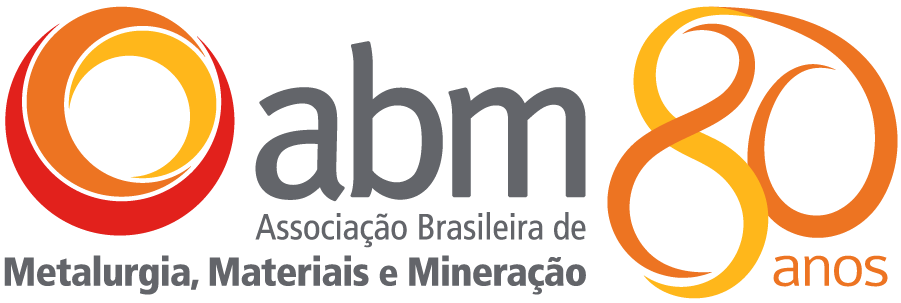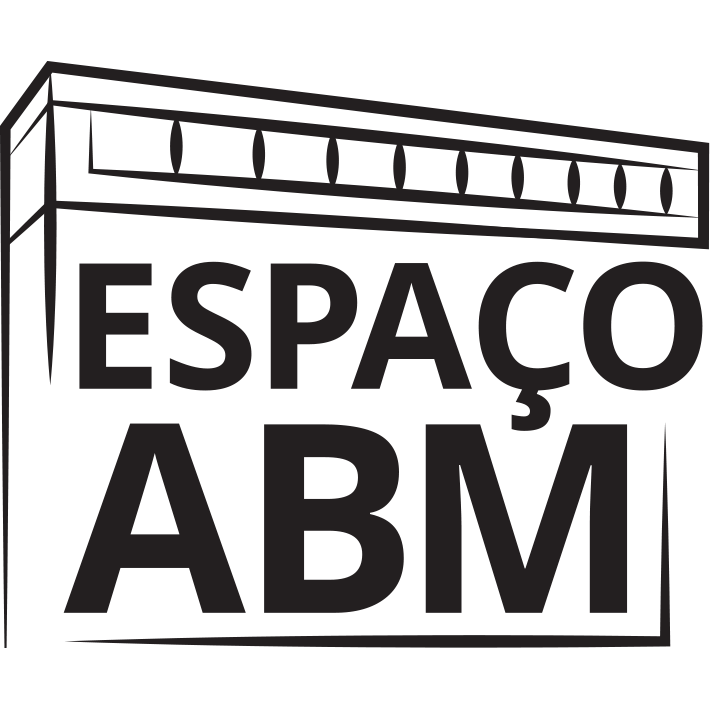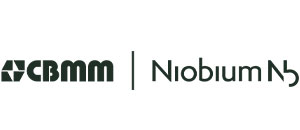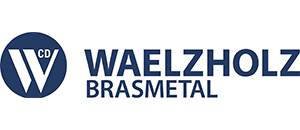Decarbonization in the mining and metals industries will be in the spotlight in the coming years, say experts

The world mining and steel industry has undergone major, accelerated transformations, although their impacts on Brazilian industry are often not yet clear.With this in mind, Débora Oliveira, Instituto Aço Brasil’s director of communication and institutional relations, and Francisco Coutinho Dornelas, ABM Espírito Santo Regional Unit’s consultant and director, organized the plenary session World Mining and Steel Industry: Vision of Brazilians Living Abroad.
"The idea behind it was to bring the vision of Brazilians who work in different parts of the world and get to know the current challenges and opportunities, ranging from personnel training to technical issues,” pointed out the meeting moderator, José Noldin, CSN’s director for Inova Tech (Technology and Decarbonization).
The gathering began with a speech by Wagner Mariano Sampaio, CEO for South America at RHI Magnesita, who introduced two of the challenges currently faced by the mining and metals industry: decarbonization and “an ambiguity
between globalization and the pressure for being a local organization.”
“We need flexibility to deal with such issues. Regionalization, by the way, can strengthen the ESG agenda,” Sampaio stressed.
Paulo Vitor Carvalho, CRU Consulting’s director for Steel Consulting, confirmed the “global steel industry is taking the era of decarbonization seriously,” which, in combination with other factors, has led to the emergence of new business models.
“In addition, the industry is going through an exceptional situation of rising prices. Even if costs also rise, profitability will keep growing,” added Carvalho, who lives in England.
Pressure by regulatory agencies around the world to reduce carbon emissions and the growing push for sustainability by customers and consumers have forced industries to go ahead with the ESG agenda implementation, said Rodrigo Corbari, GraphTec International’s Director for Customer Support in the Americas.
“The solution of this CO2 emission reduction puzzle is in part linked to the electric steel shop. Steel produced through the electric arc furnace route consumes less energy and emits less carbon,” he explained.
In the United States – where Corbari has lived for 20 years – EAF steel shops already account for 70% of the total steel output and is set to increase by 20 million tons by 2024. “The EAF steel shop is part of the solution, but not the only one. There is no silver bullet,” he added.
While reducing carbon emissions is the prevailing approach in the world's mining and steel industry at the moment, there are local opportunities that could also be quite interesting. This is the case of Southeast Asia, especially for ASEAN’s ten member nations, Eduardo Pfiffer, general manager for Market Intelligence at Vale in Singapore, pointed out.
“The world pays little attention to this region, even though it has grown strongly and may offer opportunities that we may not be aware of,” Pfiffer added.
The growing demand for steel has led to increasing imports and investments in capacity in the region. According to Pfiffer, there are twenty steel projects underway in Southeast Asian countries, which is set to double the local production capacity.
All these moves will lead to an even greater need for qualified professionals in this sector, which has already experienced a shortage of professionals in sciences, engineering, technology, and mathematics, said Karla Ohler-Martins, a professor at the Ruhr West University of Applied Sciences, Germany.
“The new generation sees the metals industry as unsafe, harmful to health, and involving harsh working conditions,” Ohler-Martins added.
She explained the industry’s workforce is aging, which makes the need to attract young people even more urgent. At the same time, new skills will be required, including environmental awareness and sustainability knowledge.
Comparing the German and Brazilian education systems, Ohler-Martins pointed out that talents are identified in a very early stage in the European country’s schools. In turn, the educational level in Brazil is lower and students that stand out do not get the necessary encouragement.
The issues raised by Brazilian professionals who work abroad somehow indicate possible paths for the local industry as they anticipate trends that are expected to gain strength here soon or point to necessary changes and adaptations.
According to Noldin, the plenary session was able to successfully abridge a number of issues that are being addressed in other ABM WEEK events as well.
“We talked about climate change and its effects on the steel industry, the steel output growth in Southeast Asia – where the pressure to reduce emissions is not so strong –, the transition to EAF steel production in the U.S. steelworks, and the German educational system. All this is deeply related to the challenges faced by Brazil,” he said.
The 6th ABM WEEK is hosted by Gerdau and is sponsored by the following companies: Açokorte, Alkegen, Amepa GmbH, Aperam, ArcelorMittal, Atomat Services, AutoForm, BM Group/Polytec,BRC, BR Event Materials ,CBMM, Combustol, Clariant, Danieli, Dassault Systèmes, DME Engenharia, Eirich, Enacom, Engineering, Evonik, Fosbel, GSI, Harsco, Hatch/CISDI, Ibar, Imerys, IMS Messsysteme GmbH, Isra Vision Parsytec, John Cockerill Industry, Kuttner, Metso Outotec, Nalco Water/Ecolab, Nouryon, Primetals Technologies, PSI Metals, Reframax , RHI Magnesita, Saint-Gobain, SMS Group Paul Wurth/ Vetta, Spraying Systems, Suez, SunCoke, Tecnosulfur, Ternium, Timken, Thermo Fischer, TopSolid, TRB, Unimetal, Usiminas, Vale, Vamtec, Vesuvius, Villares Metals, Wallonia.be (ADI – Industrial Services, John Cockerill Hydrogen, BorderSystem, Datanet International, Synthetis e PEPITe), White Martins, e Yellow Solution.Special support: CNPq. Institutional support: Abal, Abendi, Abifa, AIST, AIST Mena, Alacero, CBCA, Ibram, Icz, Instituto Aço Brasil, CIMM, Ind4.0.


















Deixe seu comentário